So. Here we are (almost) post-pandemic, having spent the better part of 2 1/2 years attempting to arm ourselves every which way to ward off the dreaded virus and/or have the best time possible of it when it became very clear that contracting it was inevitable. We’ve exhausted global zinc supplies, become close personal buddies with old mate NAC and quercetin, and had our fill of enough unsolicited tips to drive us quite loopy. Well, that was then, it’s mostly behind us, and now we have a moment – let’s talk about the Big C. We really don’t need to add to our collective anxiety by living in fear. There are a few simple things we can implement daily to reduce the risk of it finding us while we bask in our post-pandemic freedom so we can get back to living our best lives.
1. Be vigilant and watch for signs.
Check. Your. Boobies. Regularly. Ask your GP for the best way to do this, or visit the Breast Cancer Foundation website. A good place for this is in the shower with a little bit of (obviously non-toxic) soap or body wash to help the fingers slide over the area. Go slowly. Men, this goes for you too! Look for changes and call your doctor if you’re unsure or notice something new.
Check prostates at the GP, partners – maybe you could ask if this has been done lately.
Check your skin! (And cover up and use sunscreen for the love of Gaia’s green earth! Be sensible with your exposure to sunlight for Vitamin D).
Check your poo. Destigmatise talking about poo. Poo is our friend. If you notice any changes in bowel habits or bloody stool, call your doctor.
In short – if you notice something different in your body, get it seen to, ASAP. Bloating, fatigue, night sweats, unusual vaginal or rectal bleeding, new or changing spots/moles, something not quite right. These are also symptoms of many benign, everyday conditions, so to set your mind at ease – see your doctor and/or book in for all the age-relevant screening programs.
2. Eat as well as you can afford
You know the drill. Eat the rainbow! Mostly plants! Allow yourself treats. Try and find your nutrients through whole foods, and see a naturopath to help with any deficiencies. Plan meals, and make food fun. Try your own vege garden. All of this will make it easier and more attractive to avoid inflammatory delivery options or takeout, not to mention save you money which conveniently leads to less stress, but we’ll get to that later. Try and eliminate as much refined sugar as possible. Check labels, we don’t need to eat numbered additives (try looking some of these up, that should be enough to put you off for good). Be creative and enjoy your food.
3. We have to talk about alcohol
It’s a good time to think about how much you’re drinking. Reducing alcohol consumption is a no-brainer in terms of cancer risk. Alcohol, unfortunately, is a proven carcinogen. Alcohol is not our friend. Poo is our friend. Alcohol, well, an annoying ex you can’t quite shake, it’s fun but gosh it’s toxic. Think about whether you can limit your drinking to a red wine IN MODERATION, studies have shown red wine can reduce the risk of heart disease! The same goes for beer. There are *some* health benefits to beer. This does not mean drink it everyday, or 5 in one day. I repeat – alcohol is a proven carcinogen.
4. Try and reduce the use of chemicals
And by chemicals, we mean the nasty ones. Yes, everything is a chemical. Here we’re talking about toxic additives that affect endocrine systems and respiratory systems and reproductive systems and and and… you get my drift. All the systems. Try using natural pesticides if you must use them; start striving for the products that touch your skin to be cleaner. It’s much easier and cheaper to find these now than it ever has been, so it’s a good time to start reading labels and looking up ingredients.
5. Last, but in no way least, we must do whatever it takes to REDUCE OUR STRESS
No amount of healthy eating, vitamins or probiotics etc will trump stress. Stress will always win this war. We live in tough times, but make it your mission to do anything you can every single day to reduce the amount of stress you experience. Try exercising, low impact like pilates or yoga is invaluable for mental well-being. A walk, a quick run. Go outside, turn your face to the sun. Practice mindfulness, try meditation. Seek balance in all areas. Make mental well-being your goal, and prioritise it above all else. You can only check in on the people who need it if you’re in a good place yourself, the oxygen mask goes on you first!
If you’re struggling mentally, try your best to tell someone you trust and then try therapy, it will be the best thing you can do for yourself and your family. Check if you’re eligible for funding through local government services, there are some good resources on the Mental Health Foundation website.
Finally, here’s a reminder to practice gratitude. Daily. Multiple times daily. Pop a little calendar note in your phone to focus on the things you DO have; and how those things, the quantities of which you might be surprised be, enrich your life and fill you with love every single day – even if it’s fleeting. Echoes of “easier said than done” are filling the room right now, but give it a try. Start with one tiny thing… the roof over your head while the rain tests our temperament, the scent of a flower fresh with morning dewdrops, the feeling of sand or grass underfoot. Before long your list will be endless, and the hurdles easier to manage. It’s free, and simple – but the impact of this will change your life.
Daffodil Day 2022 is on Friday 26th August
https://daffodilday.org.nz/
Please note: None of this advice replaces an immediate visit to your GP or whānau doctor if you’re experiencing any changes or even feeling a bit off. Be your own advocate and push for investigation if you have any suspicions at all.






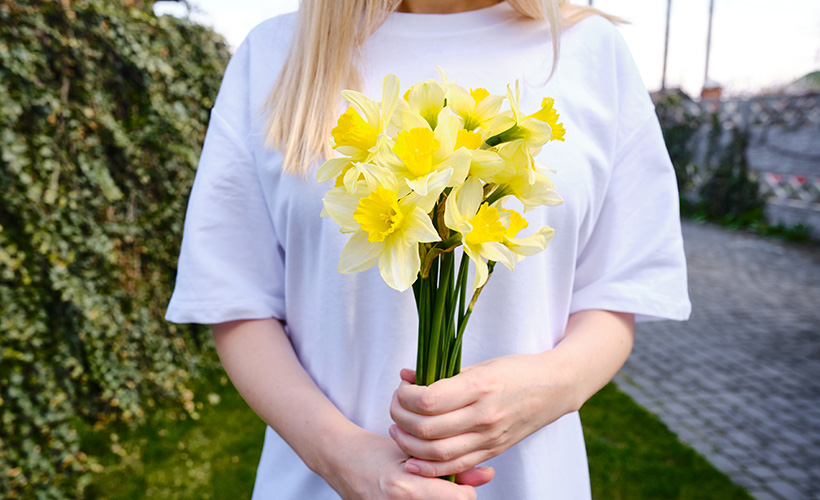
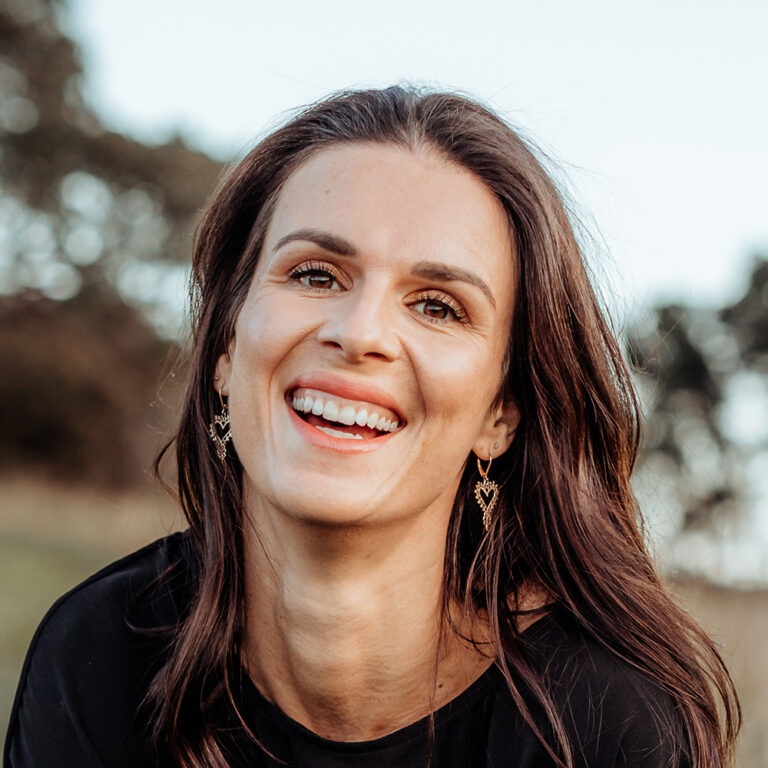
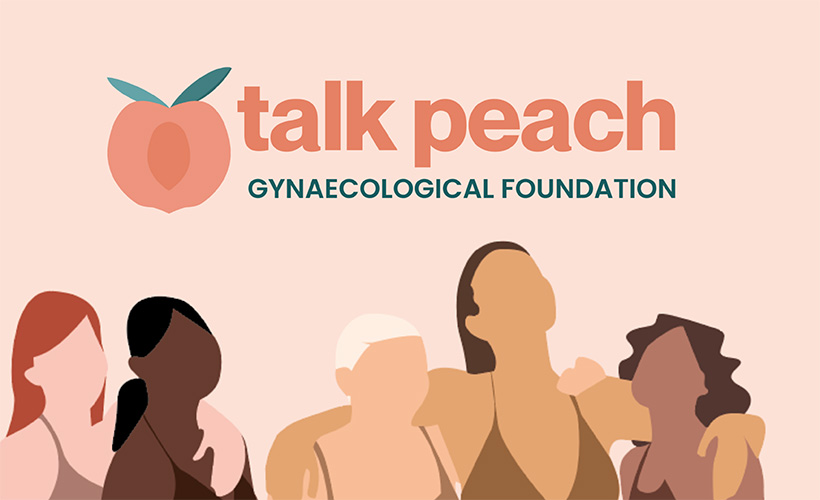
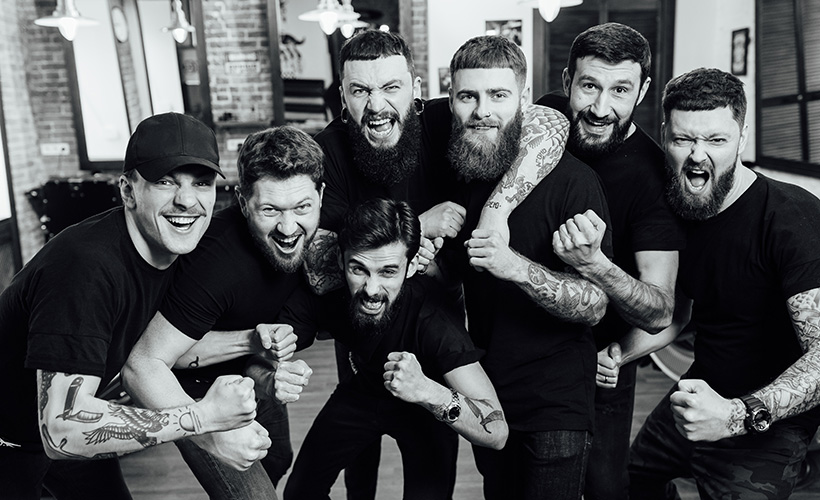
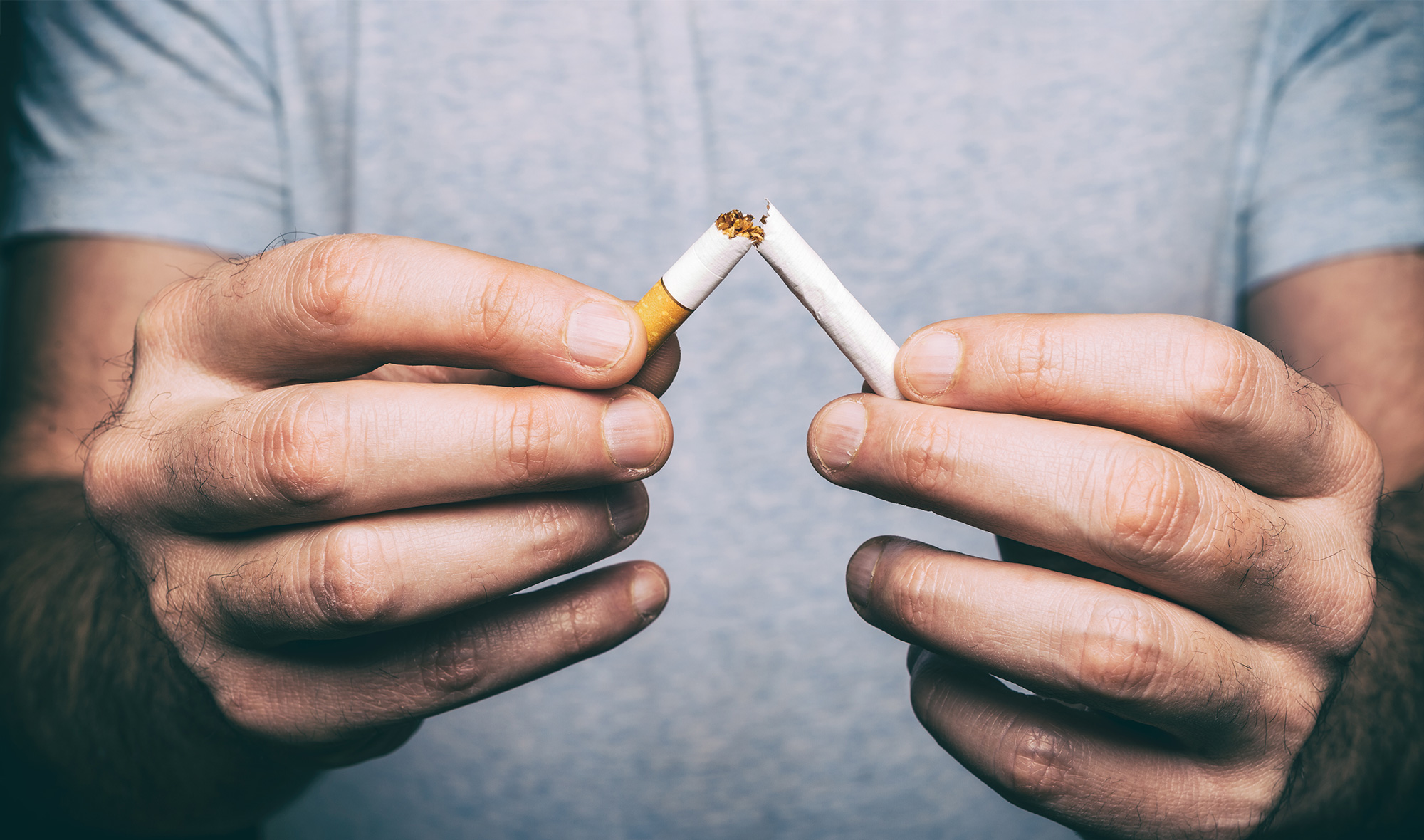
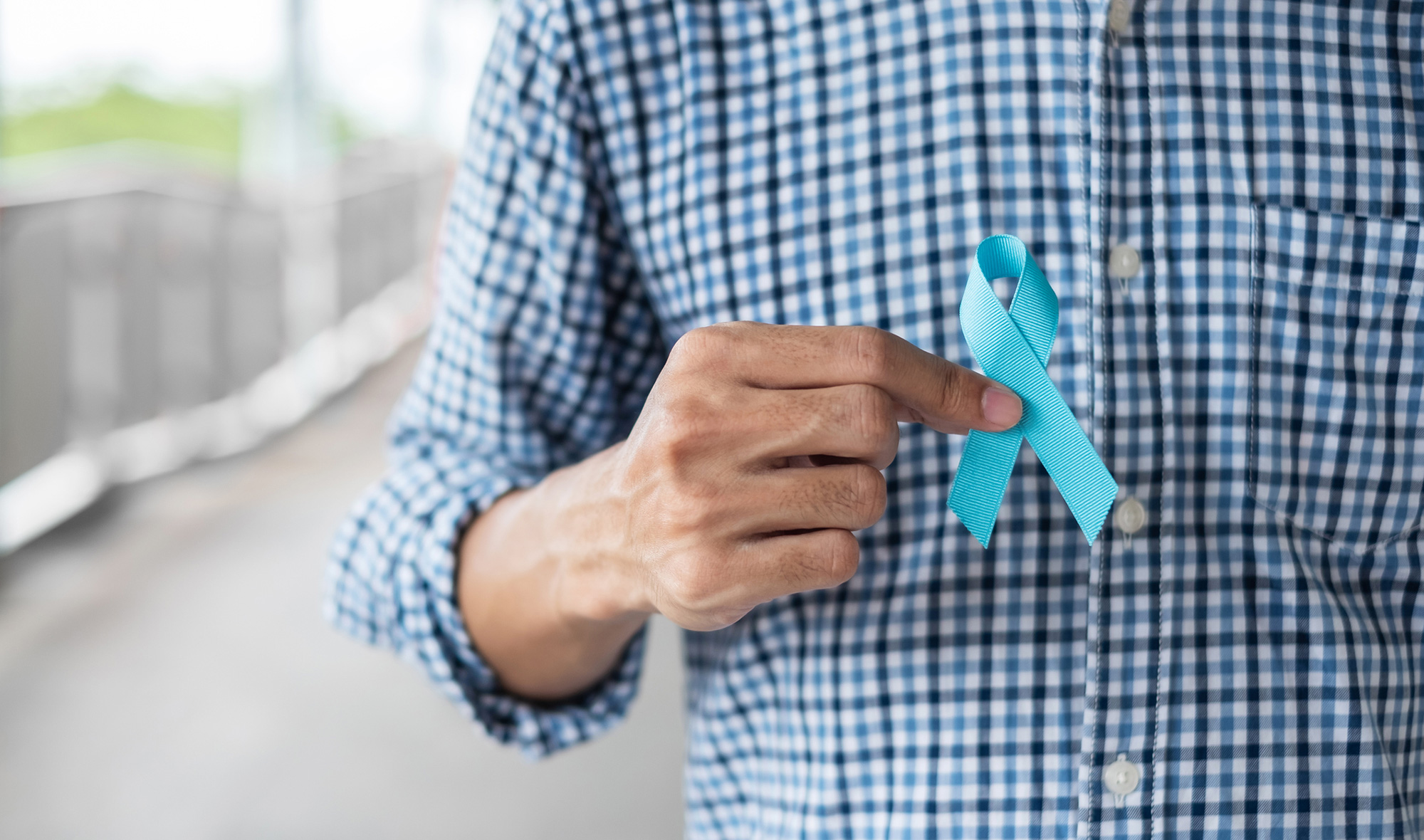


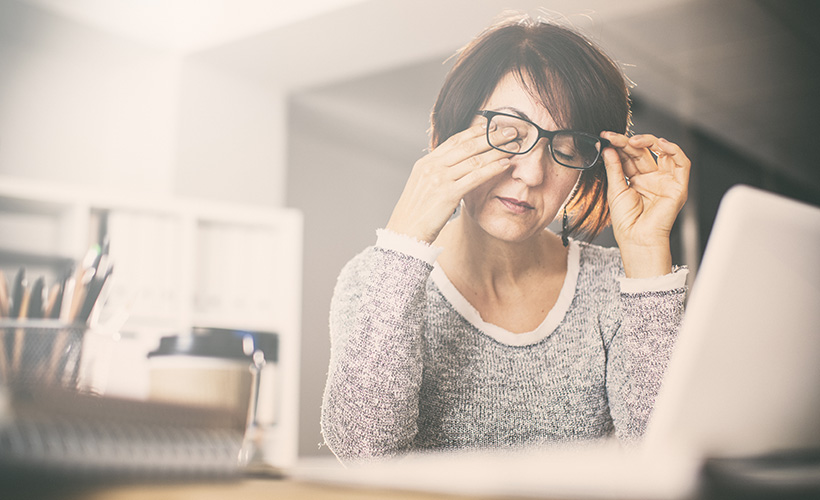


Community